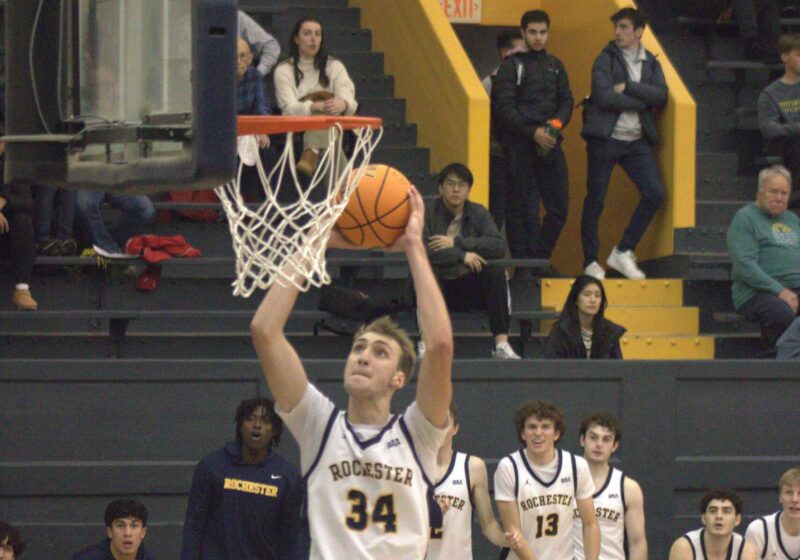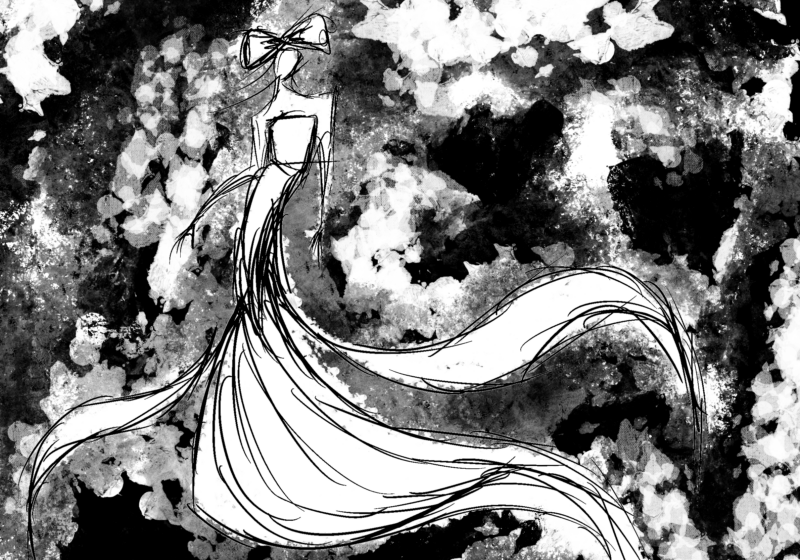Last Tuesday, President Obama spoke to the nation in his yearly State of the Union address, a term which I suspect most people are familiar with. A more pressing question would be, did you watch it?
According to the Washington Post, you wouldn’t be alone if you said you didn’t. Only 33.3 million Americans, out of a nation of hundreds of millions, reported watching the speech. Now, that statistic alone isn’t very important. The State of the Union, after all, has become less about understanding the current “state” of our country and more a way for the president to advocate for his own policy objectives. Instead, the important question is how much you actually know about the state of the union, not the speech, but the state of the nation.
We sometimes forget it, but there is more to the world than just our humble campus. Outside the city of Rochester, or the entirety of New York State, there is an entire nation of people we sometimes forget. How many people know about the winter storm currently battering the Northeast, even cancelling a few classes at the University (shocking I know)? I imagine that most would say yes, yet how many know that California is currently in the grip of a devastating drought that has the U.S. Drought Monitor designating two thirds of the state as experiencing extreme or exceptional drought conditions? It’s a drought that has forced the government to ban people from most non-essential water use activities that we might take for granted, like washing a car, or mowing a lawn. It’s even brought the reservoir water levels down to 60 percent of their normal February levels, sparking fears about what will happen when the dry summer season hits the state.
What about what happened in Virginia? If you’re scratching your head right now, I’ll bring you up to speed. On Jan, Freedom Industries, a coal-cleaning company, spilled chemicals into the West Virginian water supply which forced a warning to under no circumstances go on drinking, bathing in, or doing laundry with the local water. Schools closed when teachers and students began to exhibit sickly symptoms from exposure to the odor wafting from the spill. At times, even the National Guard was called in to assist local officials in containment and relief efforts. The ban, which affected nearly 300,000 Americans, was only recently lifted by the state government, finally assuring constituents that the water is again safe to use. This entire story, as with California’s own water crisis, has gone almost entirely unnoticed on campus.
The fact is, we are a campus in a bubble. It’s not a bubble that has been forced upon us, but one that we have imposed on ourselves. In our rush from class to Model UN, or from working at the common connection to the frat quad, we put ourselves in an information bubble. It may be hard, but we must work to pop that bubble and make an effort to stay in tune with the struggles and joys of the rest of the country, because there are shared joys to be had. Whether it be joining together to watch the Super Bowl or, even better, cheering on the USA team as they go skiing, sledding, and snowboarding in Sochi, Russia. There are plenty of ways to link yourself with the rest of the nation, to burst through that bubble, but in order to do so, you must make the effort and burst through.





